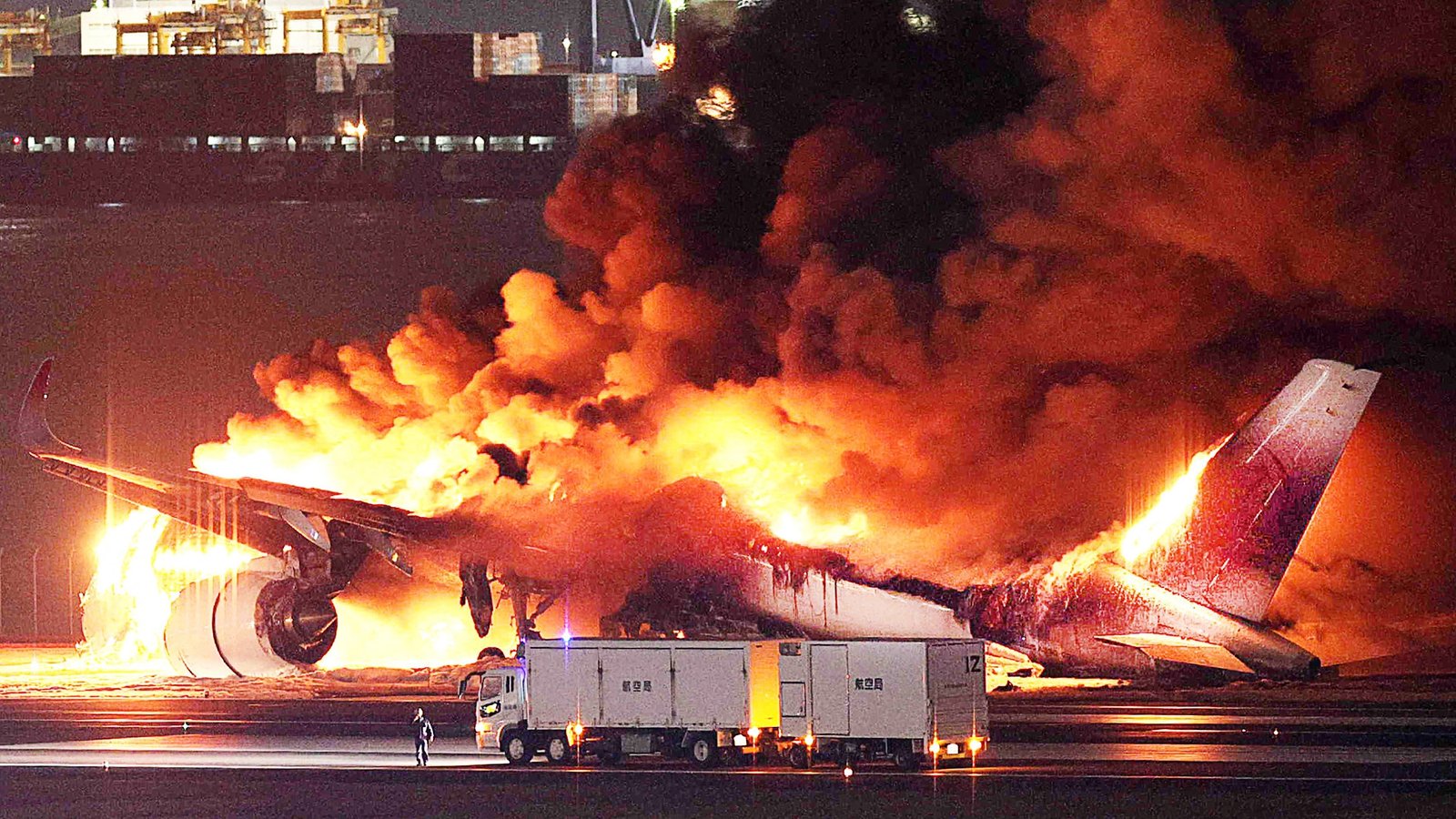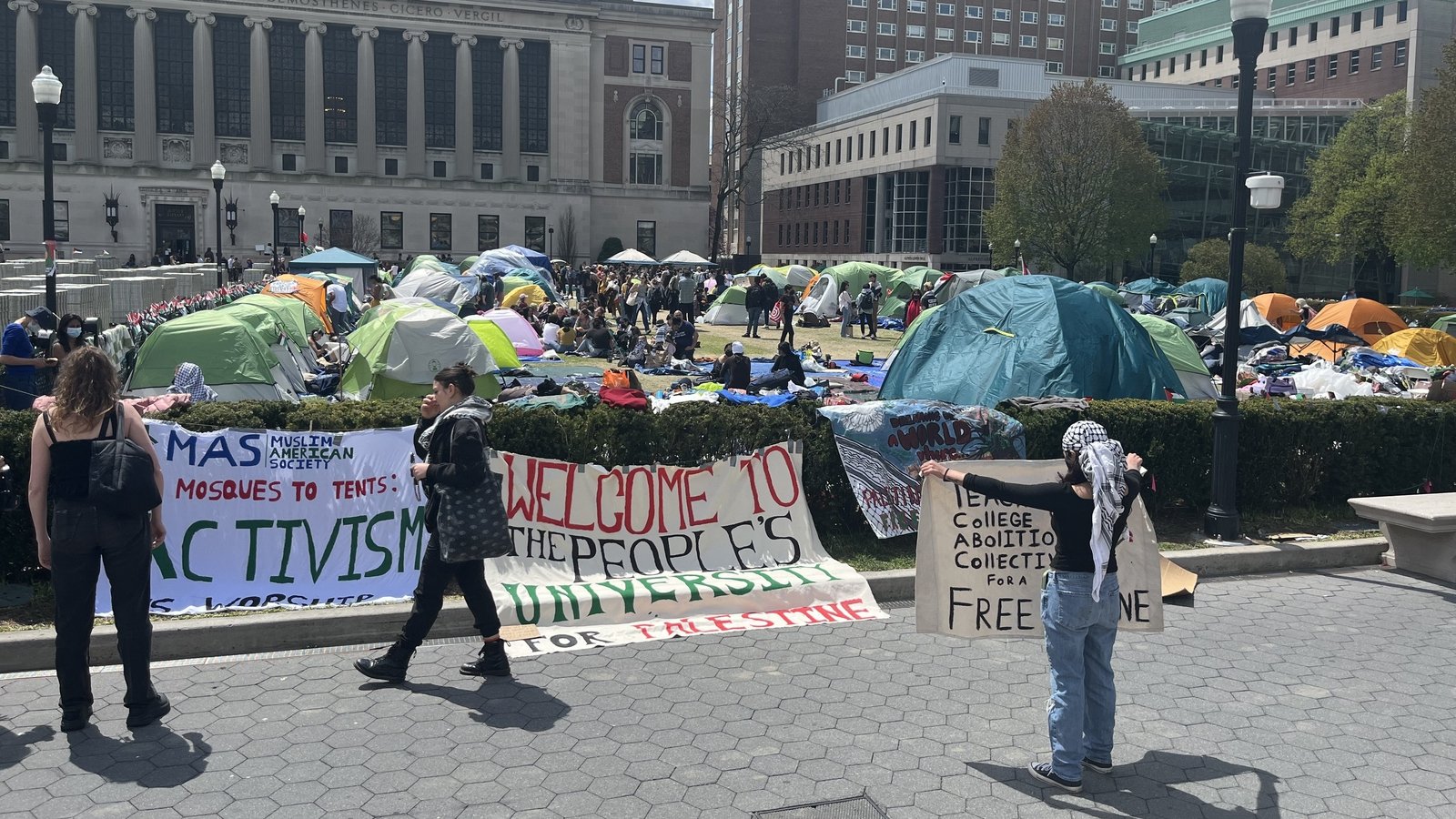How the UN got caught between the US and Israel
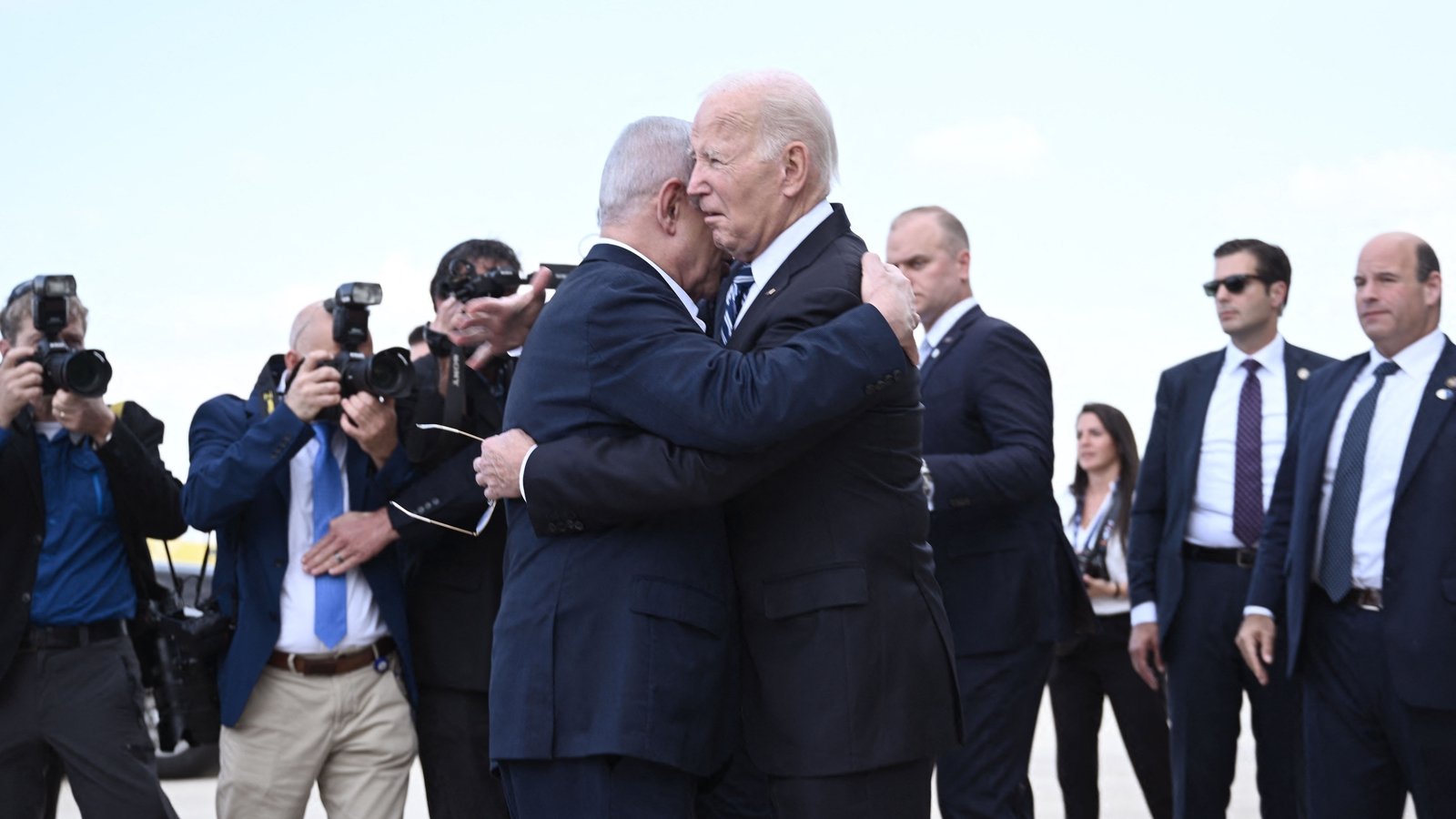
After his first meeting with Israeli Prime Minister Benjamin Netanyahu back in 1996, then-American President Bill Clinton reportedly turned to his aides and said: “Who does he think he is? Who is the f**king superpower here?”
Fast forward to this week, four presidents later, Mr Netanyahu is still on the scene and still in the business, it seems, of telling American leaders what to do.
Angered by the failure of the US Ambassador to the United Nations to cast a veto shielding Israel from a ceasefire resolution, the Israeli Prime Minister abruptly cancelled a high-level delegation’s visit to the White House.
The allies had been due to discuss US concerns about the proposed invasion of Rafah, where more than a million people are sheltering.
The fit of pique appeared to dissipate later in the week and the meeting was quietly reinstated. The Israeli envoys will travel to Washington DC in the coming days.
Mr Netanyahu’s change of heart coincided – and may have been induced by – the dawning realisation that Monday’s resolution was going nowhere.
Indeed, the celebrations that swept through the Security Council chamber in the moments after the vote went through turned out to be short-lived.
Israel didn’t stop bombing Gaza. Hamas didn’t release any Israeli hostages. And no more aid got into the starving Palestinian population.
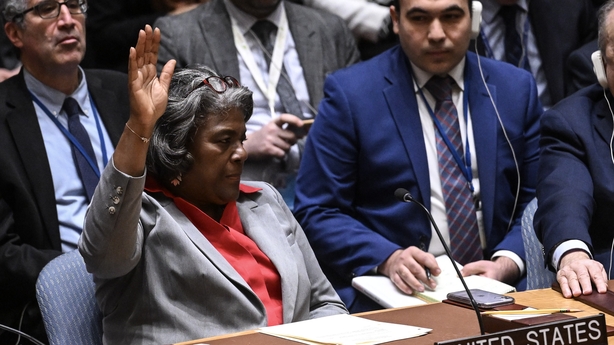
This raised questions: were those months of painstaking diplomatic negotiations, often arguing late into the night over a single word, entirely futile?
Diplomats warn against having too many expectations when it comes to Security Council decisions.
“The UN is an international forum for dialogue and cooperation among countries,” Fernando Marani, a former advisor to the President of the General Assembly, told RTÉ News.
It’s not a supranational entity with a standing military to enforce its decisions, he said.
“The implementation of any decision taken by the UN, such as sanctions or peacekeeping operations requires the support and cooperation of member states,” he added.
But, despite outside appearances that the resolution was something of a flop, inside the UN, diplomats are emboldened and momentum appears to be building for more action.
Negotiations are already under way for another resolution to be tabled early next week.
Of course, the divisions that hampered agreement for the past six months still loom large.
Immediately following Monday’s vote, a bit of a diplomatic row broke out about what the resolution actually meant.
During the debate, US Ambassador Linda Thomas-Greenfield had called it “non-binding”, casting doubt over its enforceability under international law.
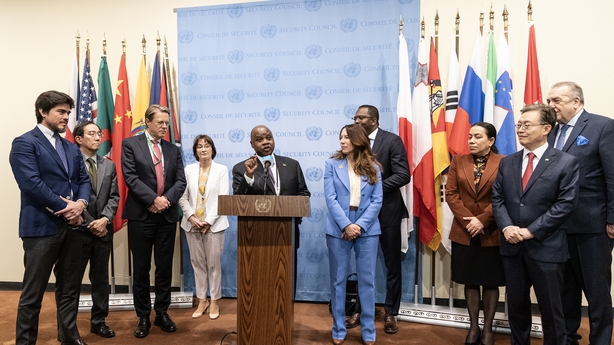
Other Council members, especially those who came up with the text, were distinctly annoyed.
“All United Nations Security Council resolutions are binding and mandatory,” Pedro Comissario, the Ambassador of Mozambique, told reporters.
“I’ve been a member of the International Law Commission for 15 years and I know what I’m saying,” he said.
But US officials doubled down.
“It’s a non-binding resolution,” John Kirby, the White House National Security Council spokesperson, told reporters.
“There may have been some deliberate ambiguity during the textual negotiations,” Richard Gowan, UN Director at the Crisis Group, a think tank, told RTÉ News.
That ambiguity gave the US the wiggle-room it needed to avoid another veto, he said.
While it may sound like yet another UN-style spat over semantics, the difference in interpretation of Monday’s resolution offers some insight into US strategy – and also what might happen next, as other Council members circle the wagons.
The US, analysts observe, is likely using the United Nations as something of a pressure valve.
Under the weight of growing international condemnation of Israel’s conduct of the war, the US needed to show it was listening to other UN members states.
But it was not about to abandon Israel.
A Security Council resolution that’s heavy on symbolism – but light on substance – fit the bill.
“The political explanation is presumably that the US feels some pressure not to keep vetoing ceasefire resolutions that the rest of the world wants to see passed,” Adil Haque, a law professor at Rutgers University, told RTÉ News.
“But then they don’t actually want to change their policy,” he said.
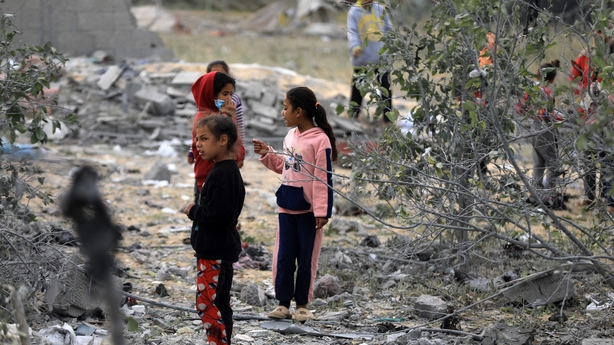
There are also US domestic politics at play.
“It’s an election year and there’s criticism of the administration on the left of the Democratic Party for not putting more pressure on Israel,” Elliott Abrams, a former advisor to Republican administrations under Presidents George Bush and Donald Trump.
“So what does the president, the administration do? They use the Security Council resolution, among other things, to show a bit more pressure,” Mr Abrams, now a senior fellow at the Council on Foreign Relations, said.
We’ve been here before.
While it’s rare, it was not the first time that the US has stood back and allowed the Security Council to censure Israel.
In 2016, in the twilight of the Obama administration, the US abstained from a Security Council resolution that declared Israeli settlements in the Occupied Palestinian Territory illegal, and demanded Israel immediately cease their expansion.
Mr Netanyahu responded with characteristic fury.
“The Obama administration not only failed to protect Israel against this gang-up at the UN,” he said. “It colluded with it behind the scenes.”
The question is whether the abstention on Monday was a one-off or whether the US is preparing to lean in to the UN as a way of controlling its ally, and dampening criticism at home.
That may depend on what other members of the Security Council put on the table next week to try and up the ante.
There aren’t many tools at the Council’s disposal but it does have some powers.
“This may include new resolutions that impose an arms embargo or other sanctions on Israel and Hamas for failing to abide by the legally-binding demands of the resolution,” said Trita Parsi, of the Quincy Institute for Responsible Statecraft, a US-based think tank.
But any beefed-up resolution that calls for punitive action against Israel though is unlikely to get through the Council.
“That is absolutely impossible,” Mr Abrams said. “The United States would not permit it.”
Everyone at the Council knows this.
“But the mere fact that they are seriously debated in the Council further isolates Israel and further adds pressure on Biden to press Israel into a ceasefire,” Mr Parsi said.
Israel has made it clear that it will not be pressed into a ceasefire by anyone. It’s stated aim is to destroy Hamas and it will not stop until it has.
Israeli officials accused the US of undermining their war effort by refraining from a veto.
The Biden administration’s support for Israel has not wavered but officials are troubled by Israel’s “indiscriminate bombing” of the Gaza Strip, as well as the humanitarian catastrophe unfolding there.
This week, for the first time, the US showed it was willing to use the United Nations to drive its point home – perhaps even to remind Israel who the superpower is.

